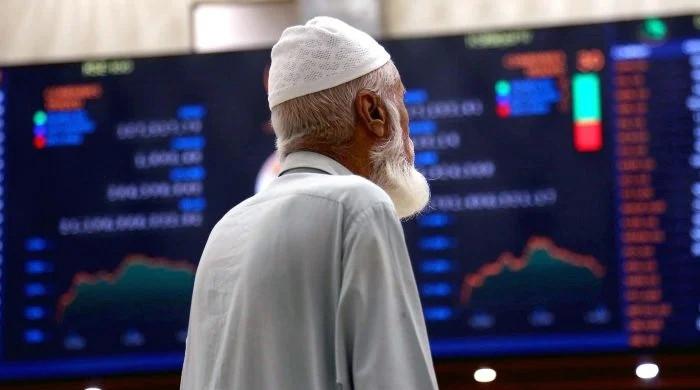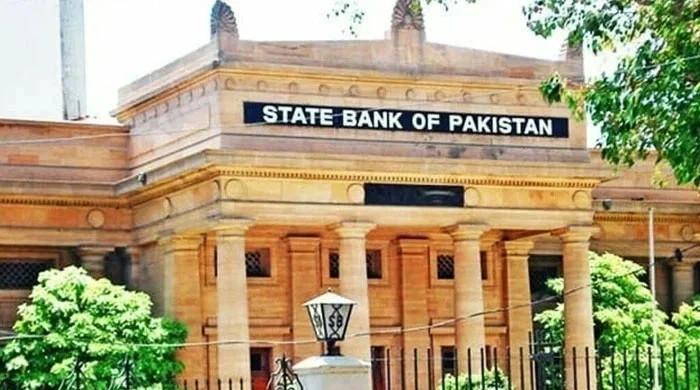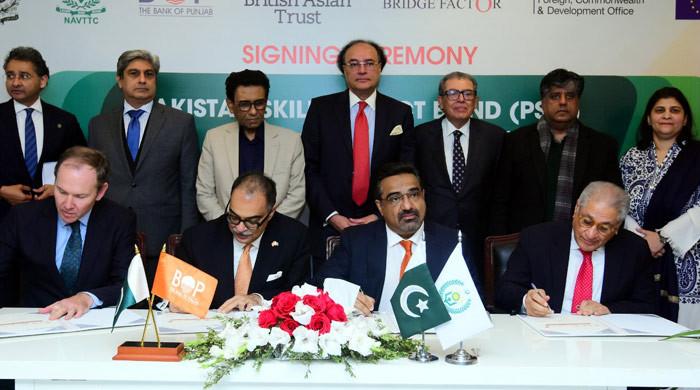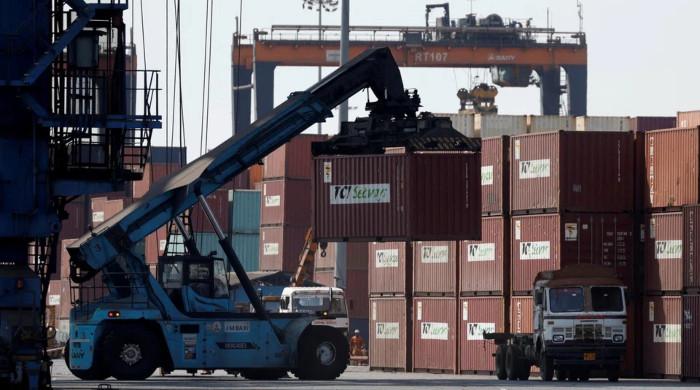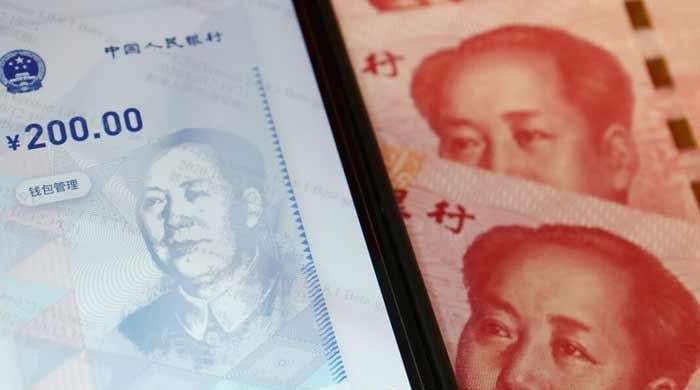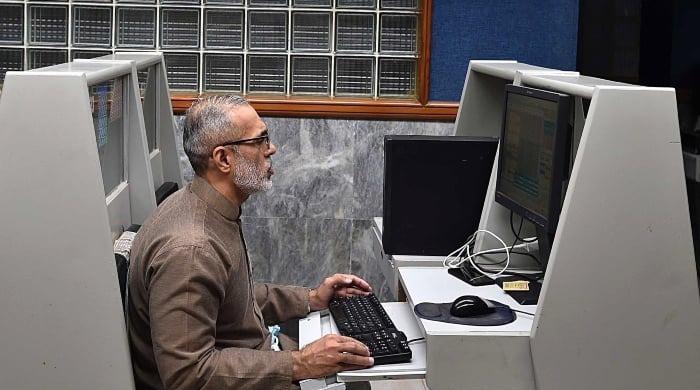Private, state-run IPPs to get same treatment by govt
Govt's task force needs 2 months to finalise recommendations, actions to be taken to bring down power tariff, says official
September 25, 2024
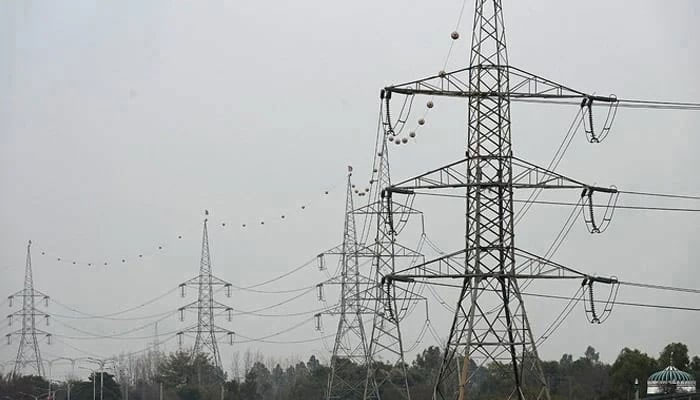
- State-run plants to be shifted on "take-and-pay mode", says official.
- Govt to only finance these power houses to keep them operational.
- He also added Return on Equity will be paid on take-and-pay basis.
ISLAMABAD: Amid the incumbent government's efforts to address the issue of independent power producers (IPPs), Prime Minister Shehbaz Sharif's administration has decided to treat the state-run and privately-owned IPPs in the same way with regards to making them operational on take-and-pay mode, The News reported on Wednesday.
"We have decided to get the government out of electric power business. The powerhouses owned by government generating 52% electricity would also be shifted on to take-and-pay mode. The government would finance them only to make them operational," said an official who is among the top functionaries serving as members of the task force on power sector reforms and is playing a key role in the negotiations with the IPPs.
The development comes a day after the publication reported that four IPP owners were warned of repercussions if they didn't terminate the power purchase agreements (PPAs) voluntarily and go on pay and take mode.
Elaborating on the issue, the official said: "The electricity would be purchased from government power plants based on take-and-pay mode. The payment would be paid only for electricity to be purchased. Return on Equity is to be paid on take-and-pay basis."
"This is how the private IPPs and government power plants would be given same treatment," he remarked.
Responding to a question, aid the task force — constituted by the government to look into the IPPs-related matters — would take at least two months more to finalise recommendations and actions to be taken to bring down power tariff and that would make power sector financially and operationally viable and bar the masses from staying away from grid electricity.
However, he added, the government would pay the loans of its plants, and would go for re-profiling of loans the government power plants (nuclear, hydro-power, RLNG and coal-based power plants) got from the banks, he said.
Government is also in contact with the Chinese government for re-profiling the loans to increase loans’ payment tenure from 10 to 20 years, the official noted.
"We have already asked five IPPs — four set up under 1994 policy and one under 2002 policy — to voluntarily scratch down their PPAs," he said.
Also, government has decided on the recommendation of National Transmission and Dispatch Company (NTDC) it would neither purchase any electricity from them nor pay capacity payments to them.
He said the period of their contracts is still left in the range of 3-10 years, alleging they have already pocketed windfall profits. He said Pakistan cannot afford high power tariffs and cannot provide relief to inflation-stricken masses.
Furthermore, he lamented that the country's economy had nose-dived due to high capacity payments and said that the message has been conveyed to the said IPPs.
The official also warned that a forensic audit will be initiated of an IPP if it didn't terminate the contract and claimed that it has been found the said IPPs wrongly showed losses in the head of O&M during 2020-24, saving billions of rupees.
He alleged the owner of an IPP got the loans by pledging power plants' asset which he could not under the agreement with the government. The official claimed the government paid the loans of his plant and Return on Equity, alleging the owner generated the loan on the plant’s asset which is a sheer breach of contract.
"We would save Rs300 billion in the head of capacity payments that are to be paid to them in next 3-10 years. This is how consumers would get relief of Rs0.60 per unit equal to Rs60 billion in one year", he said.
He said 17 more IPPs installed under 1994 and 2002 policies have been identified. These IPPs would switch over to take-and-pay mode from take or pay mechanism. The government, he said, would continue to purchase electricity from them on take-and-pay mode till private power market is established.
"However, once the private power market regime is established, the said 17 IPPs would be allowed to sell electricity under CTBCM (Competitive Trading Bilateral Contract Market) regime", he said.
"We are on our toes to establish CTBCM within one-and-half to two years' time so that IPPs could sell electricity to their clients by using the wheeling charges", he added.
He said Rs26 per unit as wheeling charges would not work. The charges should be reduced in a way that CTBCM could work properly, putting the country on the way to progress.
The Federal Bureau of Revenue (FBR) needs to reduce its revenue collection through electricity bills, he said.
The government is currently mopping Rs800 billion annually as revenue from electricity bills. It means an electricity consumer pays Rs8 per unit in the head of taxes, duties and surcharges. If taxes, duties and surcharges are reduced by 50%, tariff would plunge by Rs4 per unit.
The official said task force is endeavouring to reduce tariff of wind and solar power plants. Some solar plants are charging Rs27 per unit which should be at Rs7 per unit, and wind IPPs are getting Rs40 per unit which needs rationalisation, he said.
He said, "We will also engage with wind and solar IPPs to bring down their tariffs".
The point of view of none of the IPPs on the issue could be obtained.




